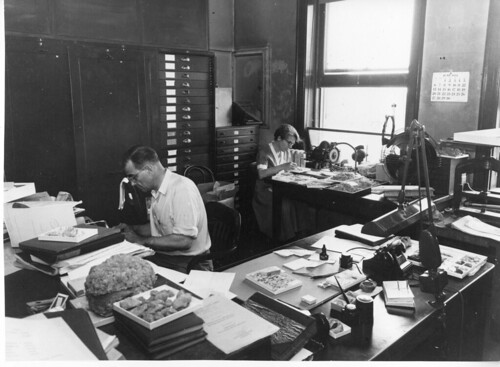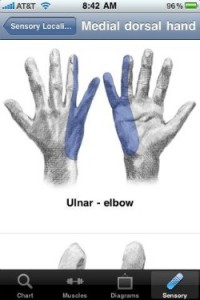Published: August 16, 2011
Researchers think that brains are sensitive to the quality of child care, according to a study that was directed by Dr. Sonia Lupien and her colleagues from the University of Montreal published August 15,2011 in the Proceedings of the National Academy of Sciences. The scientists worked with ten year old children whose mothers exhibited symptoms of depression throughout their lives, and discovered that the children’s amygdala, a part of the brain linked to emotional responses, was enlarged.
Similar changes, but of greater magnitude, have been found in the brains of adoptees initially raised in orphanages. Personalized attention to children’s needs may be the key factor. “Other studies have shown that mothers feeling depressed were less sensitive to their children’s needs and were more withdrawn and disengaged,” explained Drs. Sophie Parent and Jean Séguin of the University of Montreal’s, who followed the children over the years. [continue reading…]
Published: August 13, 2011

If a cluttered desk is the sign of a cluttered mind, what is the significance of a clean desk? Laurence J. Peter
Having a clean and sterile desk can leave employees with smaller brains, a study is claiming. The findings are revealed in a program made for Channel 4 ,The Secret Life of Buildings.
Architecture critic Tom Dyckhoff explores the impact the design of buildings can have on us – on our identity and self-esteem, and on relationships, our chances at school, and even our weight and immune system.
Watch a preview on UTube
Source: Channel 4

istockphoto
Study shows practice may have potential to change brain’s physical structure
Two years ago, researchers at UCLA found that specific regions in the brains of long-term meditators were larger and had more gray matter than the brains of individuals in a control group. This suggested that meditation may indeed be good for all of us since, alas, our brains shrink naturally with age.
Now, a follow-up study suggests that people who meditate also have stronger connections between brain regions and show less age-related brain atrophy. Having stronger connections influences the ability to rapidly relay electrical signals in the brain. And significantly, these effects are evident throughout the entire brain, not just in specific areas.
Eileen Luders, a visiting assistant professor at the UCLA Laboratory of Neuro Imaging, and colleagues used a type of brain imaging known as diffusion tensor imaging, or DTI, a relatively new imaging mode that provides insights into the structural connectivity of the brain. They found that the differences between meditators and controls are not confined to a particular core region of the brain but involve large-scale networks that include the frontal, temporal, parietal and occipital lobes and the anterior corpus callosum, as well as limbic structures and the brain stem.
The study appears in the current online edition of the journal NeuroImage. [continue reading…]
New educational tool developed by U-M doctor works on iPhones, other personal devices

Nerve Whiz provides hand-held differential diagnosis
With a new application developed by a U-M neurologist, better understanding of the anatomy of the peripheral nervous system can be found right on your iPhone.
Nerve Whiz is a free application for medical professionals interested in learning the complex anatomy of nerve roots, plexuses, and peripheral nerves. It can work on Apple personal devices such as iPhones, iPads and iPods, and will soon be available for Android devices.
The application goes beyond simple nerve charts to help medical professionals interpret clinical examinations. Users select which muscles are weak or point to where the patient has sensory loss and the application provides a differential diagnosis, complete with relevant pictures and diagrams.
“Before you can figure out what is causing neurologic symptoms, you have to determine what part of the nervous system isn’t functioning normally. Neurologists call this ‘localizing the lesion,’” says Zachary London, M.D., assistant professor of neurology, director of the University of Michigan neurology residency program and inventor and developer of Nerve Whiz. [continue reading…]



